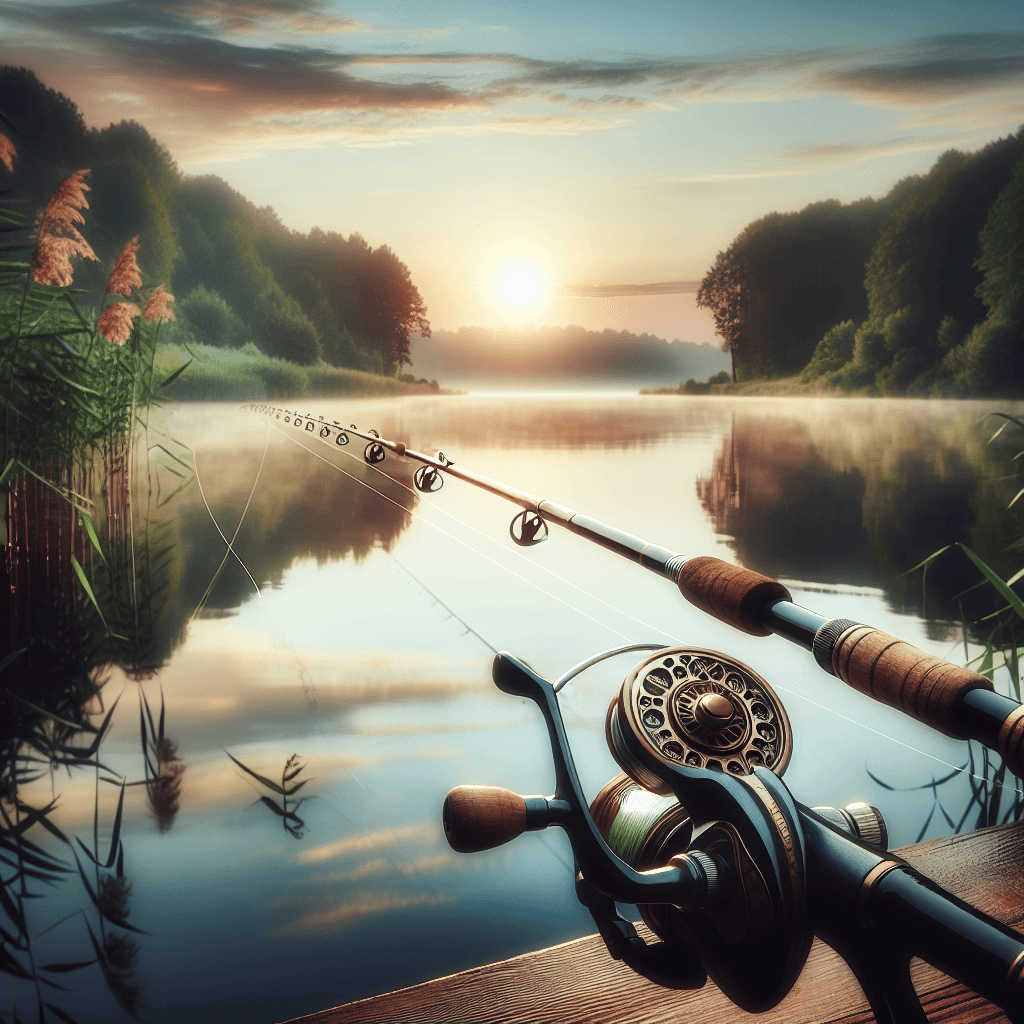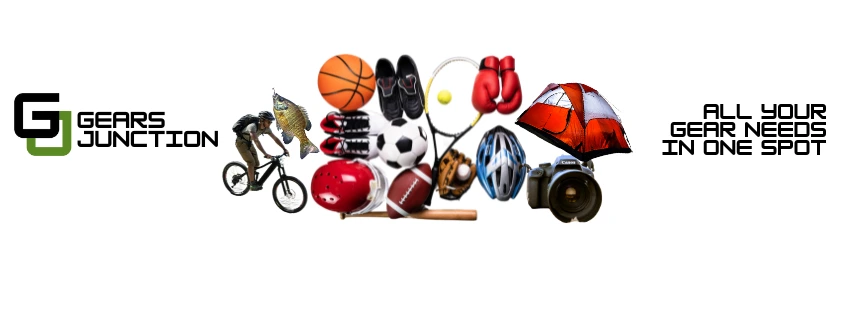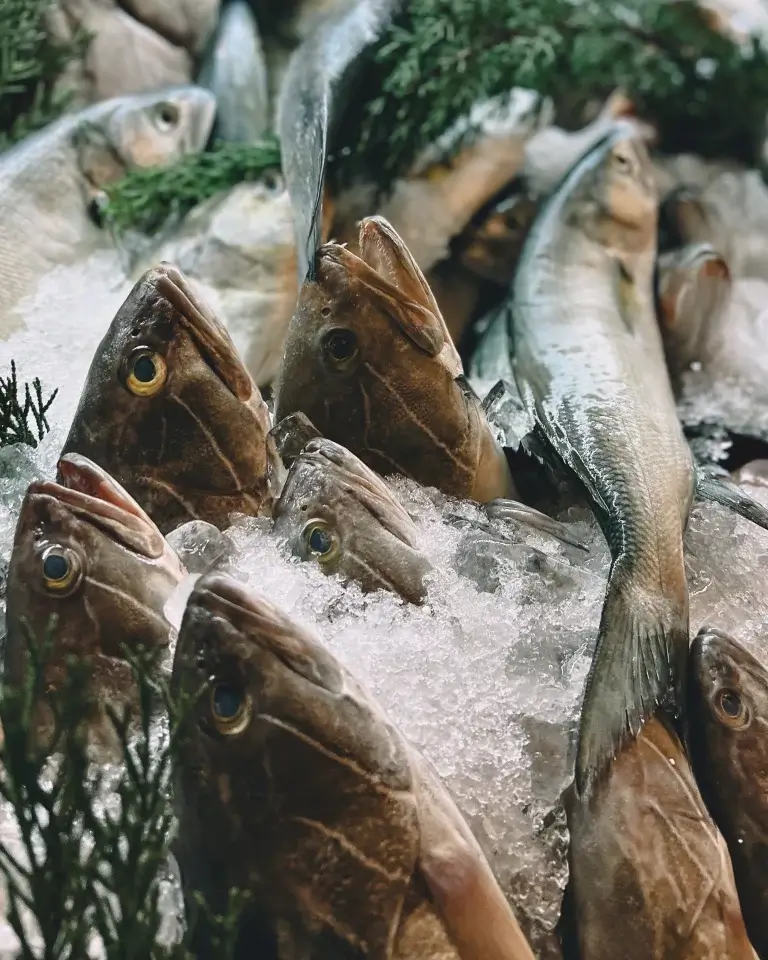If you’re new to fishing and looking to improve your casting accuracy and fishing skills, you’re in the right place! Whether you’re a weekend angler or aiming to become a pro, these are tried and true tips that can help you have a successful time on the water. From choosing the right fishing equipment to practicing your technique, this article will provide you with practical and effective advice to enhance your fishing abilities. So grab your fishing rod and get ready to reel in some tips that will take your fishing game to the next level!
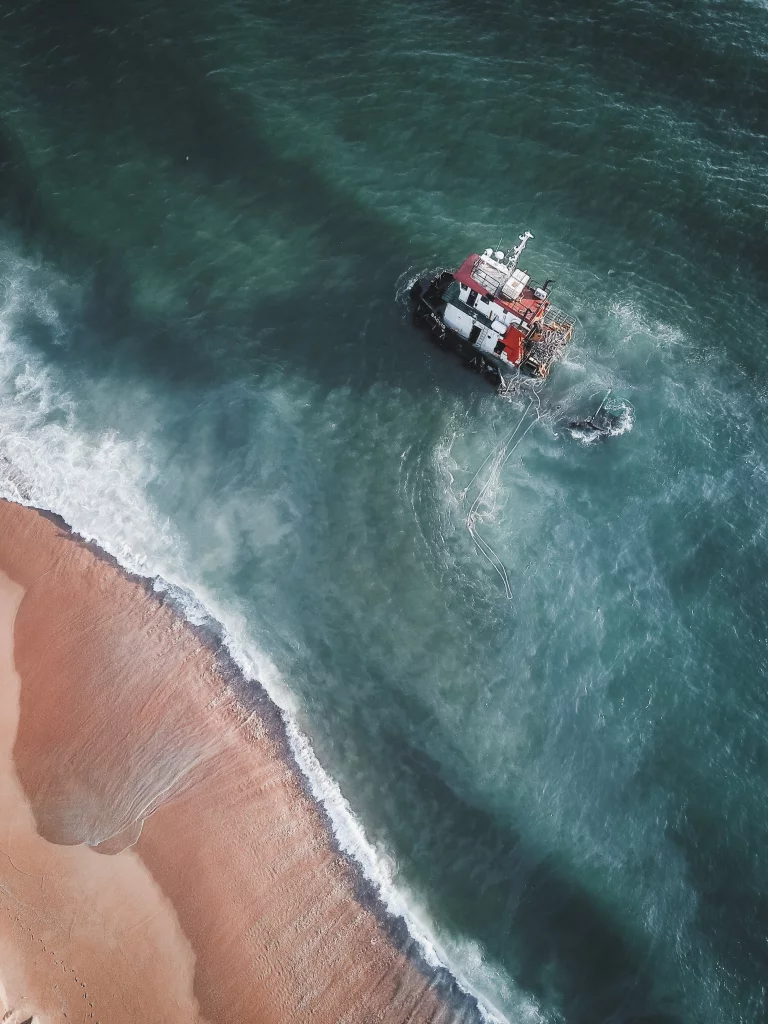
Choosing the Right Fishing Gear
Selecting the Right Rod and Reel
When it comes to choosing the right fishing gear, finding the perfect rod and reel is essential. Consider the type of fishing you’ll be doing and the fish you’ll be targeting. For beginners, a medium-action spinning rod and reel combo is often a good choice. This type of setup offers versatility and ease of use, making it ideal for learning various fishing techniques.
Choosing the Right Fishing Line
Selecting the right fishing line is just as important as choosing the right rod and reel. There are various types of fishing lines available, such as monofilament, fluorocarbon, and braided lines. Each has its own strengths and weaknesses, so it’s crucial to consider factors like strength, visibility, and sensitivity. As a beginner, you may want to start with monofilament line, which is budget-friendly and easy to handle.
Using the Appropriate Lure or Bait
To maximize your chances of a successful fishing trip, it’s important to use the appropriate lure or bait. The choice of lure or bait depends on the species you’re targeting and the fishing technique you’re employing. Research the habits and preferences of your target fish to determine the best lure or bait to use. Experiment with different options to find what works best for you and your fishing style.
Understanding the Basics of Casting
Mastering the Basic Casting Techniques
Before you can become a proficient angler, it’s crucial to master the basic casting techniques. Start with the overhead cast, which is the most common and versatile casting technique. Practice the proper grip, arm motion, and release to achieve accurate and smooth casts. Remember to keep your wrist locked and use your whole arm to generate power and distance.
Learning to Cast with Different Techniques
Once you have a solid foundation in the basic casting techniques, it’s time to expand your casting repertoire. Learn different casting techniques such as sidearm casting, roll casting, and pitching. Each technique has its own advantages and is suitable for specific fishing situations. By mastering multiple casting techniques, you’ll be able to adapt to different conditions and increase your chances of catching fish.
Practicing Proper Reel Control
Reel control is an essential aspect of casting that is often overlooked by beginners. Achieving proper reel control involves smoothly releasing the fishing line during the cast and controlling its speed and tension. Practice your reel control by casting with different amounts of power and adjusting the drag on your reel. This will help you maintain control over your line and improve accuracy.
Improving Accuracy through Technique
Utilizing Casting Aids and Accessories
If you are a beginner looking to improve your casting accuracy and fishing skills, there are various casting aids and accessories available. These tools can help you develop the right muscle memory and improve your technique. Consider using casting practice kits, casting targets, or even video analysis apps to identify areas for improvement. Utilizing these aids can be a fun and effective way to improve your casting accuracy and fishing skills.
Focusing on Grip and Stance
Proper grip and stance play a crucial role in casting accuracy. Ensure that you have a firm grip on the rod without gripping it too tightly, as this can limit your casting motion. Find a comfortable stance that allows you to generate power in your cast while maintaining balance. Experiment with different grip and stance positions to find what works best for you and helps you achieve accurate casts.
Using the Correct Casting Motion
The casting motion is a fundamental aspect of accurate casting. Focus on using a smooth and controlled motion throughout your cast. Avoid jerky or abrupt movements, as they can throw off your accuracy. Practice your casting motion by starting with slow and deliberate casts before gradually increasing your speed. With time and practice, your casting motion will become more fluid, resulting in improved accuracy.
Taking Advantage of the Wind
Understanding How Wind Affects Casting
Wind can significantly impact your casting accuracy, so it’s crucial to understand how it affects your casts. A headwind can make it challenging to achieve distance, while a tailwind can cause your line to drop prematurely. Crosswinds can also affect the trajectory of your cast. By understanding the wind’s influence on your casts, you can adjust your technique accordingly and improve your accuracy.
Adjusting Your Casting Techniques in Windy Conditions
When faced with windy conditions, it’s important to make adjustments to your casting technique. Use a more compact and controlled casting motion to minimize the wind’s impact on your line. Aim slightly upwind to compensate for the wind pushing your bait or lure. Additionally, consider switching to heavier baits or lures that can better resist the wind. These adjustments will help you maintain accuracy even in adverse wind conditions.
Using Wind as an Advantage
While windy conditions can pose challenges, they can also be advantageous for fishing. Fish are often more active and less cautious on windy days due to the increased oxygen and food availability. Utilize the wind to your advantage by casting with the wind at your back. This will allow you to achieve greater distance and cover more water. Be mindful of your surroundings and adjust your casting technique to take full advantage of the wind.
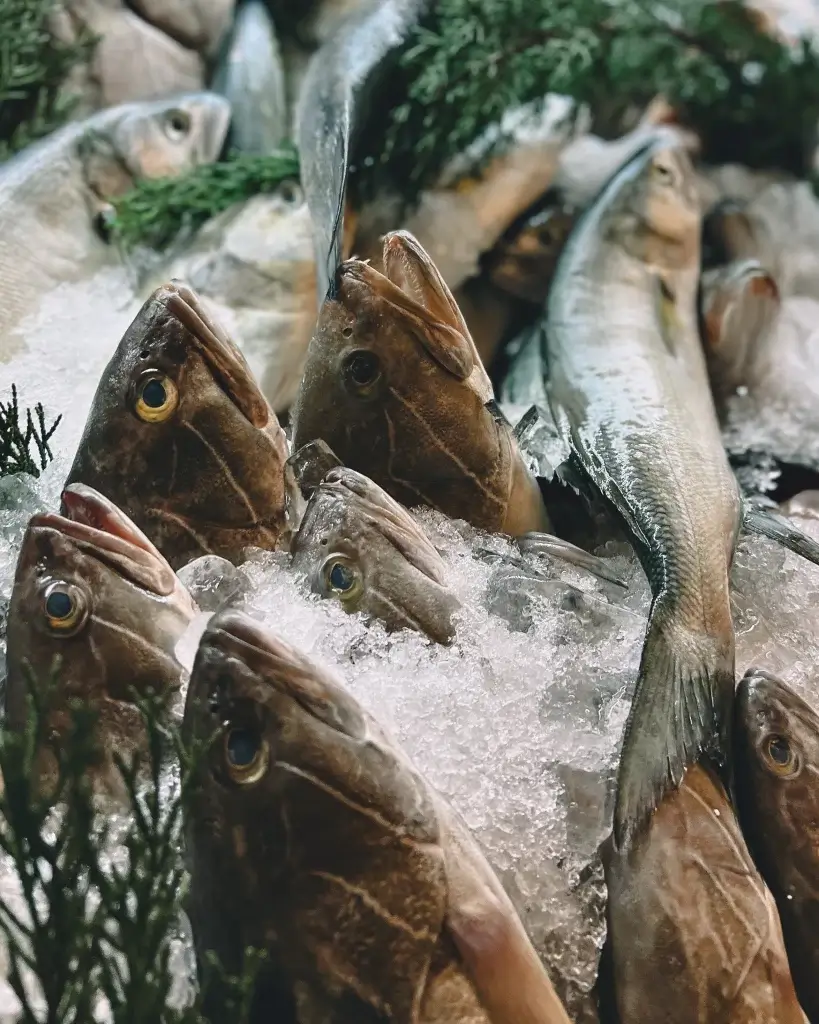
Reading the Water and Identifying Targets
Identifying Fish-Holding Structures
To increase your chances of catching fish, it’s crucial to identify fish-holding structures in the water. Look for areas with vegetation, submerged rocks, fallen trees, or underwater ledges. These structures provide shelter and food sources for fish. Casting near these structures increases your likelihood of encountering fish. Take the time to study the water and map out potential hotspots to target during your fishing trips.
Recognizing Visible and Submerged Targets
Visible targets such as jumping fish, feeding birds, or disturbances on the water’s surface can indicate the presence of fish. Pay attention to these signs and cast in their vicinity. Additionally, learn to recognize submerged targets like drop-offs, weed beds, or changes in water color and temperature. These indicators can guide you towards potential fishing spots and help you improve your accuracy.
Reading Water Currents and Patterns
Understanding water currents and patterns is essential for successful fishing. Observe the movement and direction of the water, as fish often position themselves strategically to take advantage of prey being carried by the current. Look for areas where different currents converge or eddies form, as these are often fish-attracting spots. By reading the water and identifying current patterns, you can make more precise and targeted casts.
Practicing Regularly to Improve Your Casting Accuracy and Fishing Skills
Finding Time for Regular Practice
To improve your casting accuracy and overall fishing skills, regular practice is essential. Set aside dedicated time in your schedule to practice your casting technique. Even short practice sessions can make a significant difference over time. Whether it’s in your backyard, a local park, or your favorite fishing spot, finding time for regular practice will help you develop muscle memory and increase your casting accuracy.
Setting up a Practice Routine
To make the most out of your practice sessions, establish a practice routine. Start with warm-up exercises like arm stretches and wrist rotations to prevent injuries. Then, focus on specific casting techniques or areas you want to improve. Break down your routine into manageable segments and gradually increase the difficulty as you progress. By following a practice routine, you’ll maintain consistency and see steady improvements in your casting accuracy.
Utilizing Casting Drills and Exercises
Incorporating casting drills and exercises into your practice routine can further enhance your casting accuracy. Set up targets such as hula hoops or buckets at different distances and practice hitting them consistently. Increase the challenge by incorporating movement, such as casting while walking or from different angles. These drills and exercises will help you develop muscle memory, precision, and consistency in your casting.
Learning from Experienced Anglers
Joining Fishing Communities and Clubs
One of the best ways to improve your fishing skills is to connect with experienced anglers. Join local fishing communities or clubs to gain access to a wealth of knowledge and expertise. Engaging with fellow anglers can help you learn new techniques, discover fishing hotspots, and receive valuable tips and advice. Building relationships with experienced anglers will accelerate your learning curve and enhance your overall fishing skills.
Attending Workshops and Seminars
Attending fishing workshops and seminars is another excellent way to learn from experienced anglers. These events often feature skilled instructors who can share their expertise and teach advanced fishing techniques. Take advantage of the opportunity to ask questions, observe demonstrations, and participate in hands-on activities. By attending workshops and seminars, you’ll expand your knowledge base and gain invaluable insights into improving your casting accuracy and fishing skills.
Engaging in Guided Fishing Trips
Guided fishing trips provide a unique learning experience for beginners. By booking a trip with a professional guide, you’ll have the chance to learn from someone with extensive knowledge of the local fishing ecosystem. Guides can teach you specific techniques, help you identify target species, and provide valuable guidance throughout the fishing trip. Engaging in guided fishing trips allows you to learn firsthand from experts, accelerating your learning and improving your overall fishing skills.
Understanding Fish Behavior
Researching the Species You’re Targeting
To become a successful angler, it’s important to understand the fish species you’re targeting. Research their habitat preferences, feeding habits, and behavior patterns. Different fish species have different preferences for depth, temperature, and types of prey. By researching and understanding your target species, you can tailor your fishing techniques and increase your chances of success.
Understanding Feeding Habits and Movements
Knowing the feeding habits and movements of your target species is crucial for effective fishing. Fish are more likely to bite during specific times of the day or under certain weather conditions. Research when your target species is most active and the types of bait or lures they prefer. Additionally, learn about their seasonal movements, such as spawning or migration patterns. This knowledge will help you make informed decisions about when and where to fish, improving your overall success rate.
Adapting Your Fishing Techniques
Fish behavior can vary depending on factors like water temperature, weather conditions, and food availability. Being aware of these factors allows you to adapt your fishing techniques accordingly. For example, if fish are feeding close to the surface, consider using topwater lures or flies. If they’re targeting smaller prey, downsize your bait or lure. Flexible and adaptive fishing techniques will increase your chances of enticing fish to bite and improve your overall fishing skills.
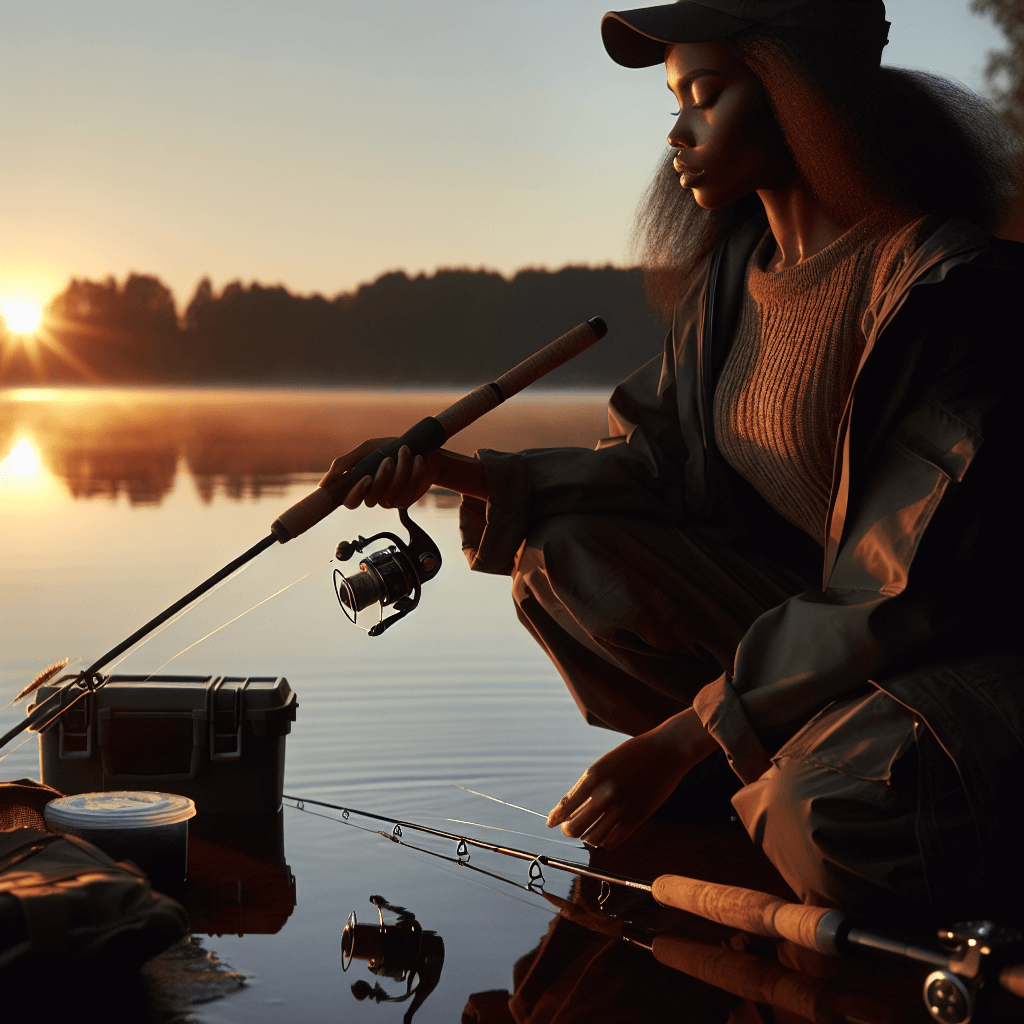
Staying Patient and Observant
Being Patient during the Learning Process
Improving your casting accuracy and overall fishing skills takes time and patience. It’s essential to maintain a positive attitude and keep a long-term perspective. Accept that mistakes and setbacks are part of the learning process and use them as opportunities for growth. Stay focused, invest time in practice, and celebrate small victories along the way. With patience and perseverance, your casting accuracy and fishing skills will steadily improve.
Observing Surroundings and Fish Behavior
Being observant of your surroundings and fish behavior is crucial for successful fishing. Take the time to study the water, weather conditions, and any signs of fish activity. Observe how fish react to different presentations, such as speed, depth, or lure color. Pay attention to their feeding patterns and adjust your approach accordingly. By being observant, you’ll gain valuable insights that can help you make accurate casts and increase your chances of catching fish.
Adapting and Making Adjustments
Fishing conditions can change rapidly, and it’s important to adapt and make adjustments accordingly. If your current technique isn’t producing results, don’t be afraid to try something different. Switch up your bait or lure, vary your retrieval speed, or change your casting location. Be open to experimentation and adapt your approach based on the conditions and fish response. Being flexible and willing to make adjustments will ultimately lead to improved casting accuracy and overall fishing success.
Maintaining Fishing Etiquette
Respecting Fishing Regulations and Licenses
Respecting fishing regulations and licenses is not only a legal requirement but also crucial for the sustainability of fish populations. Familiarize yourself with the fishing regulations in your local area and make sure to obtain the necessary licenses or permits. Follow size and bag limits, practice catch and release when appropriate, and be mindful of protected species. By practicing responsible fishing, you contribute to the preservation of fish populations for future generations.
Practicing Catch and Release
Catch and release is a fundamental aspect of ethical fishing. Whenever possible, release unharmed fish back into the water to ensure their survival. Follow best practices for catch and release, such as using barbless hooks, minimizing fish handling, and promoting a speedy release. Treat each caught fish with care and respect, and they will continue to thrive in their natural environment.
Awareness of Other Anglers
When fishing in areas with other anglers, it’s important to be aware and respectful of their space. Avoid casting near or crossing someone else’s fishing line, as this can cause tangles and disrupt their fishing experience. Give fellow anglers room to fish comfortably and avoid creating unnecessary noise or disturbance. Showing consideration and practicing good etiquette will help foster a positive fishing community and enhance everyone’s fishing experience.
To improve your casting accuracy and fishing skills, you need knowledge, practice, and patience. Choose the right gear, master casting techniques, and focus on accuracy. Make use of the wind, read the water for fish-holding targets, and practice regularly. Learn from experienced anglers, understand fish behavior, stay observant, and adapt your techniques. Finally, maintain fishing etiquette by respecting regulations, practicing catch and release, and being aware of other anglers. With dedication and practice, you’ll become a skilled angler in no time.
